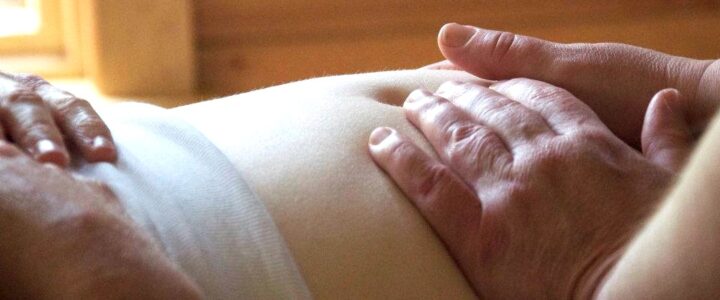This is part five of a six-part series. In part one, My Baby Dropped!, I explain why engagement is pathology. In part two, Why Did My Baby Get Stuck?, I explore the maternal factors that cause babies to get stuck. Part three is called Fetal Factors: How Babies Get Themselves Stuck. Last week I wrote Fetal Constraint: How Culture Immobilizes Babies. Today’s post is about the fetal constraint downsides for labor and birth. Next week I’ll write about how fetal constraint adversely affects the babies themselves — the things we notice after birth. Read more
How Fetal Constraint Affects Labor and Birth
Carol Gray
Babies, Birth, Bodywork, Infants, Postpartum, Pregnancy, Wellness
asynclitic, babies, birth outcomes, birth plans, birth preparation, bodywork, breastfeeding, carol gray, cervix, craniosacral therapy, epidurals, fetal constraint, fetus ejection reflex, intrapartum care, labor, late babies, making room for babies, mamaspace yoga, military presentation, occiput posterior, OP, optimal fetal positioning, overdue, overdue babies, oxytocin, pitocin, post dates, prenatal care, science, self care, stuck babies, uterus, yoga











